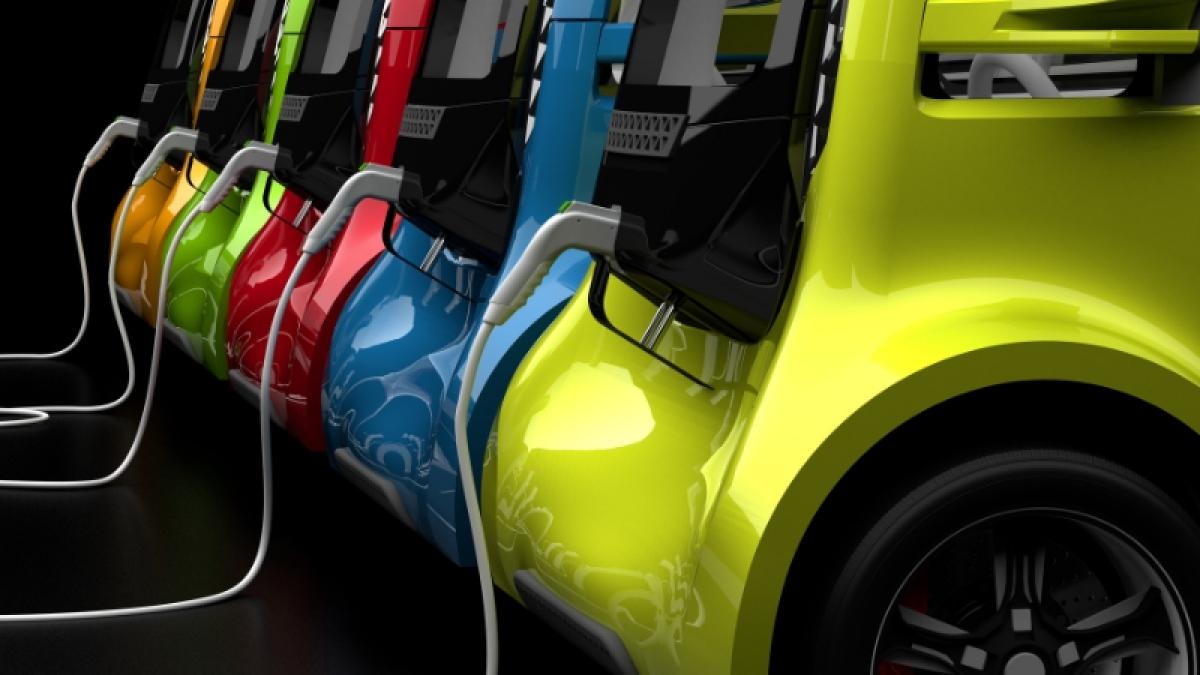Policy brief
Is Support for the Development of Electric Vehicles Adequate?
Shifting to electric vehicles (BEV) is one of the key strategies for decarbonizing the transport sector by 2050. In 2023, the market share of new electric vehicles in France reached 17% (15% in the European Union), compared to 2% in 2019.
Published on : 13/06/2024
Temps de lecture

In France, public intervention to encourage the purchase of BEV mainly relies on subsidies, such as the conversion premium (PAC) and the ecological bonus, as well as a penalty based on CO2 emissions or vehicle weight. According to estimates made for the French Plan de Relance committee, the bonus-malus system accounted for 40% of the increase in the market share of electric vehicles from 2019 to 2021 and one-third of the decrease in emission from new vehicles. The cost to public finances is estimated at 600 euros per ton of CO2 avoided, up to 800 euros when including the induced losses in tax revenues.
While households account for less than half of new vehicle sales, they bought two-thirds of electric vehicle in 2022 (see Graph). However, low-income households make up only 15% to 20% of eligible purchases for the bonus, despite a 7,000-euro bonus since 2023, compared to 4,000 euros today for other households. Usage savings allowed by an electric city car offset the additional investment cost compared to a thermal one within three to six years for a low-income household benefitting from the bonus and PAC (compared to ten years for a “superior” household). Despite the aids, access to new vehicles remains hindered by a high initial investment, particularly for low-income households. Therefore, most vehicle transactions for households occur in the second-hand market (85% in 2023), where the electric vehicle offer is low (1.5% of the fleet is electric in 2023). Social leasing, which does not require an initial contribution, has been highly successful among low-income households, who benefited more from it in six weeks at the beginning of 2024 (50,000 applications) than they did from the bonus in an entire year (30,000 in 2023).
A policy measure such as “social leasing”, which offers low-income households access to an electric car while sparing them from a hefty investment, seems a path worth pursuing while the second-hand electric vehicle market has not reach a sufficient size. For intermediate and upper households, the challenge will be to balance increasing penalties for thermal vehicles with decreasing bonuses for electric vehicles. Public intervention would also benefit from targeting reasonably sized vehicles produced with decarbonized energy. The environmental score is a significant advancement in this regard.

Lecture : en 2023, 47,5 % des achats de voitures particulières neuves étaient effectués par des ménages, soit environ 863 200 véhicules. 22 % (192 000) des véhicules achetés par des ménages sont électriques. Cela représente 65 % des immatriculations totales de voitures électriques.
Téléchargement
Is Support for the Development of Electric Vehicles Adequate?
Reference
More
Les réseaux de distribution d'électricité dans la transition énergétique
L’électricité est devenue un bien essentiel, pour ne pas dire vital. La transition vers une économie bas carbone en dépend. Le num...
28 November 2019

An Investment Climate for Climate Investment
By Sam Fankhauser (Grantham Research Institute - London School of Economics) - Three factors hold back low-carbon investment in Eu...
22 September 2015

Towards a Low-Carbon Economy - Better Energy, Greater Prosperity
The historic Paris Agreement hinges on the average global temperature of our planet increasing no more – and preferably substantia...
04 September 2017